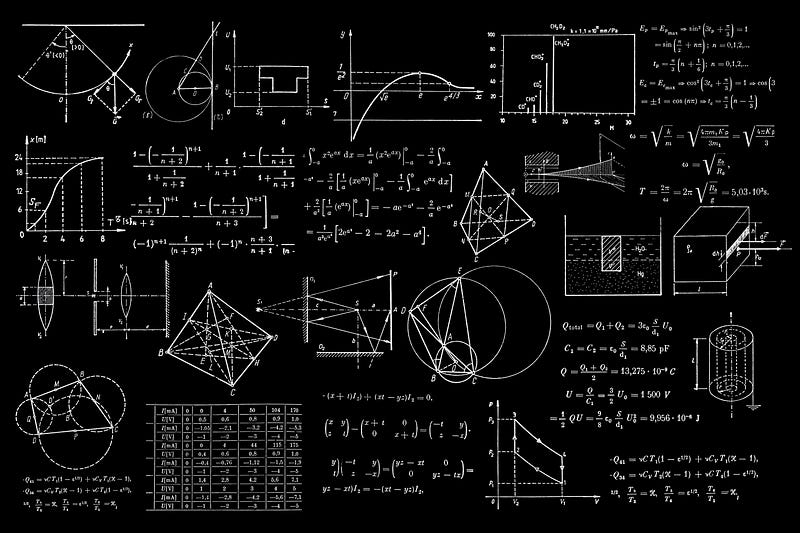Test Results for Post Quantum Cryptography

Test Results for Post Quantum Cryptography
Over the next few years, we need to start to move towards key exchange/public key and digital signature methods which are quantum robust. And while NIST is evaluating the security of the finalists, how do we perform tests on our computer systems in order to see if the performance levels are acceptable. Well, we can use the liboqs to test each of the methods [here]:

To install we install the following:
sudo apt install astyle cmake gcc ninja-build libssl-dev python3-pytest python3-pytest-xdist unzip xsltproc doxygen graphviz python3-yaml
and then:
git clone -b main https://github.com/open-quantum-safe/liboqs.git
cd liboqs
and finally a build of:
mkdir build && cd build
cmake -GNinja ..
ninjaThis then builds the test into the following programs:

Once we run the speed test, we get the results for keygen, encap (encapsulation of key) and decaps (decapsulation of key):

The following provides all of the results:
- NIST Finalists (KEM) Speed Tests. For KEM, NIST has defined the finalists of CRYSTALS Kyber (Lattice), Saber (Lattice), McEliece (Code-based) and NTRU (Lattice), and with alternative finalists of BIKE (code-based), HQC (code-based), FrodoKEM (Lattice), and SIKE (isogenies). The following provides a performance speed test for these methods [here].
- NIST Finalists (Digital Signatures). For digital signatures, NIST has defined the finalists of CRYSTALS Dilithium (Lattice), Falcon (Lattice), and Rainbow (Multivariate Quadratic). The alternative finalists are: SPHINCS+ (Hash-based stateless), and Picnic (Hash-based ZKP). The following provides a performance speed test for these methods [here].
- NIST Finalists Information. PQC Information.
If you want to find out more, try here: